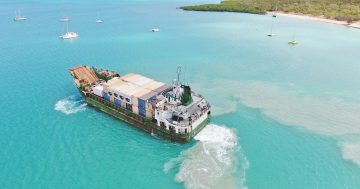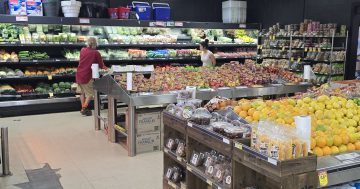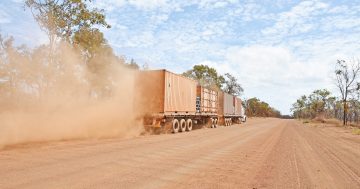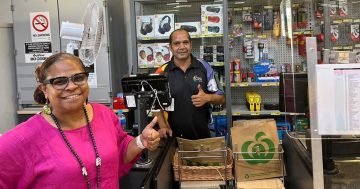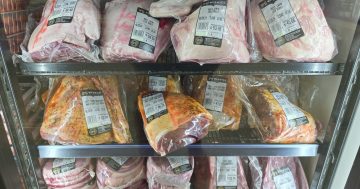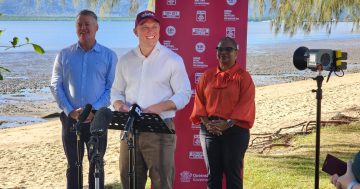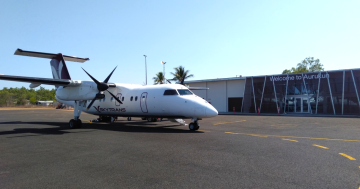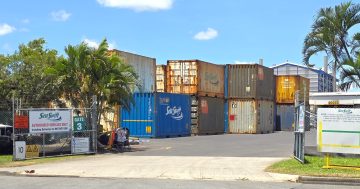
TWO of Cape York’s most vocal leaders have called for a freight equalisation subsidy to be established to help fight the crippling cost-of-living battles in remote Far North Queensland.
Robbie Sands is the mayor of Kowanyama and also the chair of the Torres and Cape Indigenous Councils Alliance, which has put together an independent report on the freight challenges facing those living in remote areas.
Backed by former TCICA chair and Lockhart River mayor Wayne Butcher, the alliance is calling for government action on the soaring freight prices impacting residents in the Cape, Torres Strait and Gulf.
“This is something that will help our communities,” Cr Sands told Cape York Weekly.
“Families are just making ends meet and some are struggling.
“The cost of everything is going up and we haven’t seen a rise in wages or (Centrelink) payments.”
WET SEASON INFLAMESFREIGHT SITUATION
KOWANYAMA, on the western side of Cape York, relies on road freight in the dry season.
When rain cuts off road access to Cairns and the Tablelands, air freight is the only option.
“A subsidy shouldn’t be a permanent fixture because we don’t want to be relying on help forever, but we need it now,” Cr Sands said.
“Investing in our roads can help extend our dry season access and also help reduce that cost of living.
“Another idea could be to bring in vouchers like they do with the power cards to spend at the local store, which would ease a lot of pressure.”
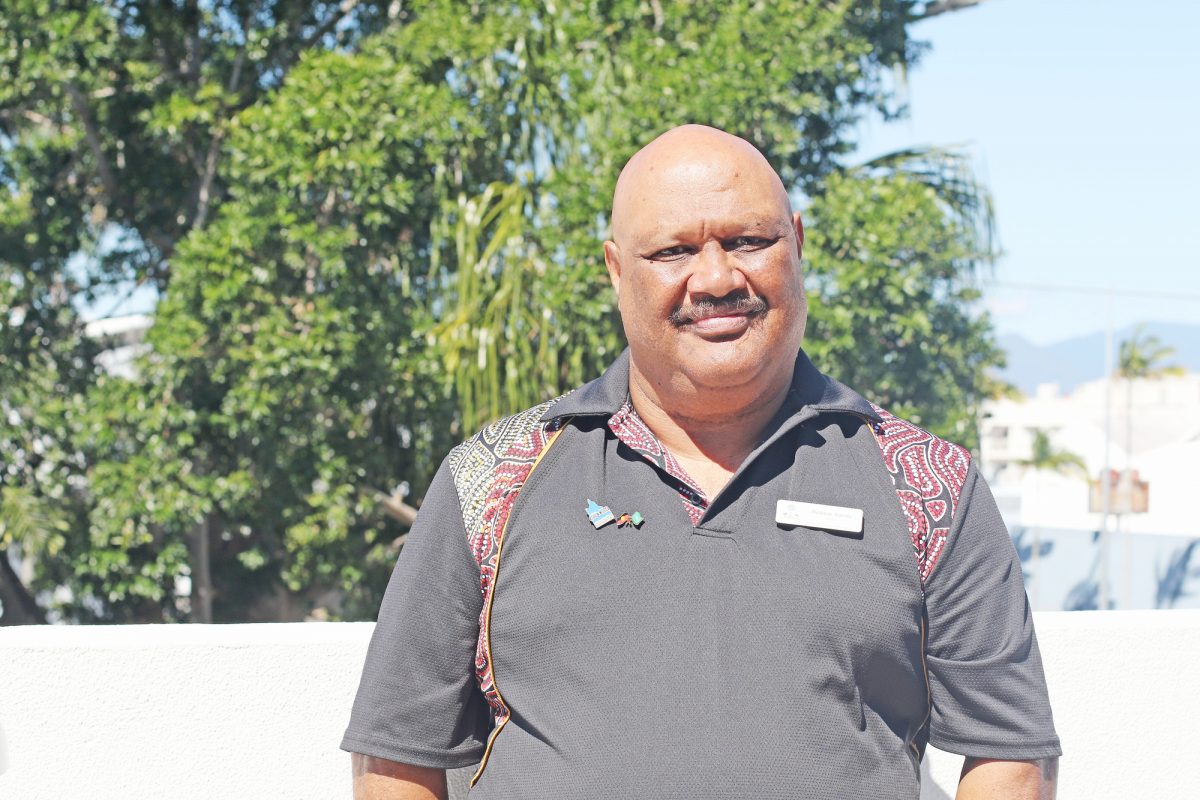
Kowanyama mayor and TCICA chair Robbie Sands.
Cr Butcher said Lockhart River residents had become resilient, but were almost at breaking point with the rising cost of living.
“This is something that should have been picked up a long time ago,” he said.
“Just about every community on the Cape has been battling high freight costs for many years. It’s become a lot worse with the cost of fuel rising, though.”
Lockhart River doesn’t have a port or a jetty, which means that its freight is unloaded from a mother ship at Horn Island and then sent back down.
“It goes past us and then comes back down. Everything is double-handled,” the mayor said.
“We used to have a little barge called the Temple Baywhich was here for 12 months of the year. It would meet the ship as it was on its way north.”
WE SURVIVE OFFTHE LAND AND SEA
WITHOUT hunting and fishing, many households would struggle to survive, Cr Butcher said.
“Our people are getting by from turtle, dugong and fish,” he said.
“They’ll get a wild cow out of the bush or maybe a pig.
“When I go out hunting I’m expected to bring back enough for five households.”
Part of that had a cultural element, Cr Butcher said.
“We are taught to look after our family. Not everyone has a job,” he told Cape York Weekly.
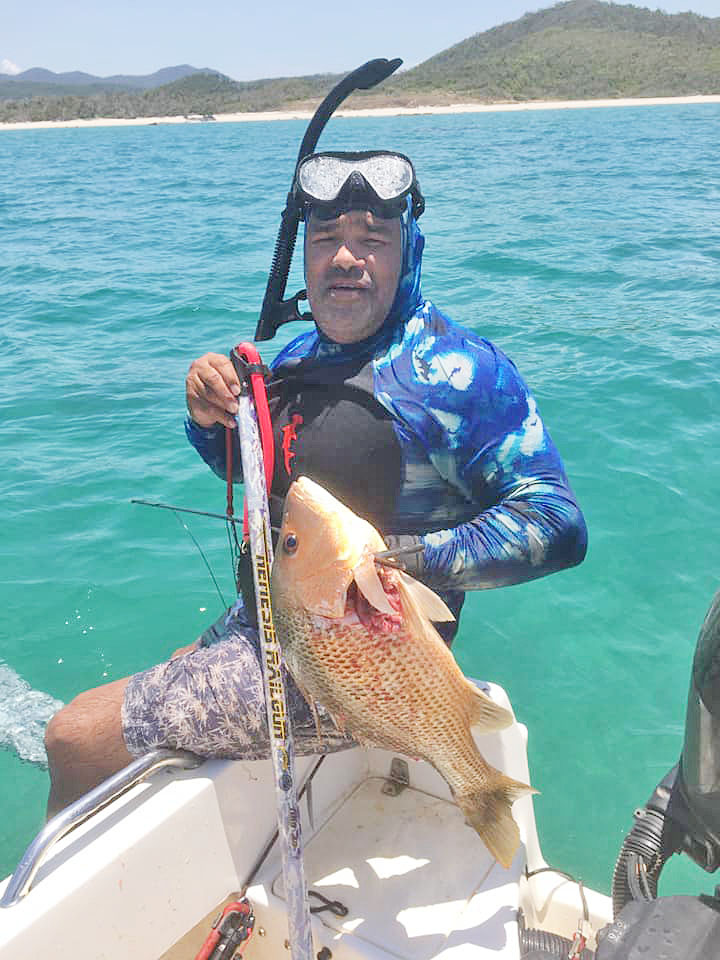
Lockhart River mayor Wayne Butcher says fishing and hunting helps keep families fed.
Cr Sands echoed the thoughts of his counterpart.
“A lot of people in Kowanyama cope by sourcing their own types of food,” he said.
“But there are restraints because not all of our families have roadworthy vehicles.
“People are just getting by with what they can.”
Cr Butcher said the TCICA study showed the issue was larger than one company and that there was no need for finger-pointing.
“I don’t blame Sea Swift or CEQ, which has the supermarket, for high prices – the cost of everything has gone up.
“But wages haven’t gone up and those on fixed incomes haven’t seen a rise that has matched the increased cost of living.”
HIGH COSTS HAVEIMPACT ON HEALTH
In the report, which was written by Dr Shashi Karunanethy from multi-national firm Geografia, it says that a freight equalisation subsidy would improve health outcomes in remote communities and likely result in a net benefit to the state government.
“The high transportation costs in Cape York Peninsula and Torres Strait Island communities have led to high prices for goods and services and a high cost of living for remote Queenslanders,” wrote Dr Karunanethy.
“The availability of quality and affordable fresh produce has arguably led to poorer health outcomes amongst remote communities in these regions.
“Historically, government programs have recognised this and sought to address the high costs faced by remote communities.
“However, most have focused on essential goods and services, like travel, medicine and education. Where tax concessions do exist, these fall short of alleviating the full cost burdens of very remote communities and have not kept pace with rising costs.”
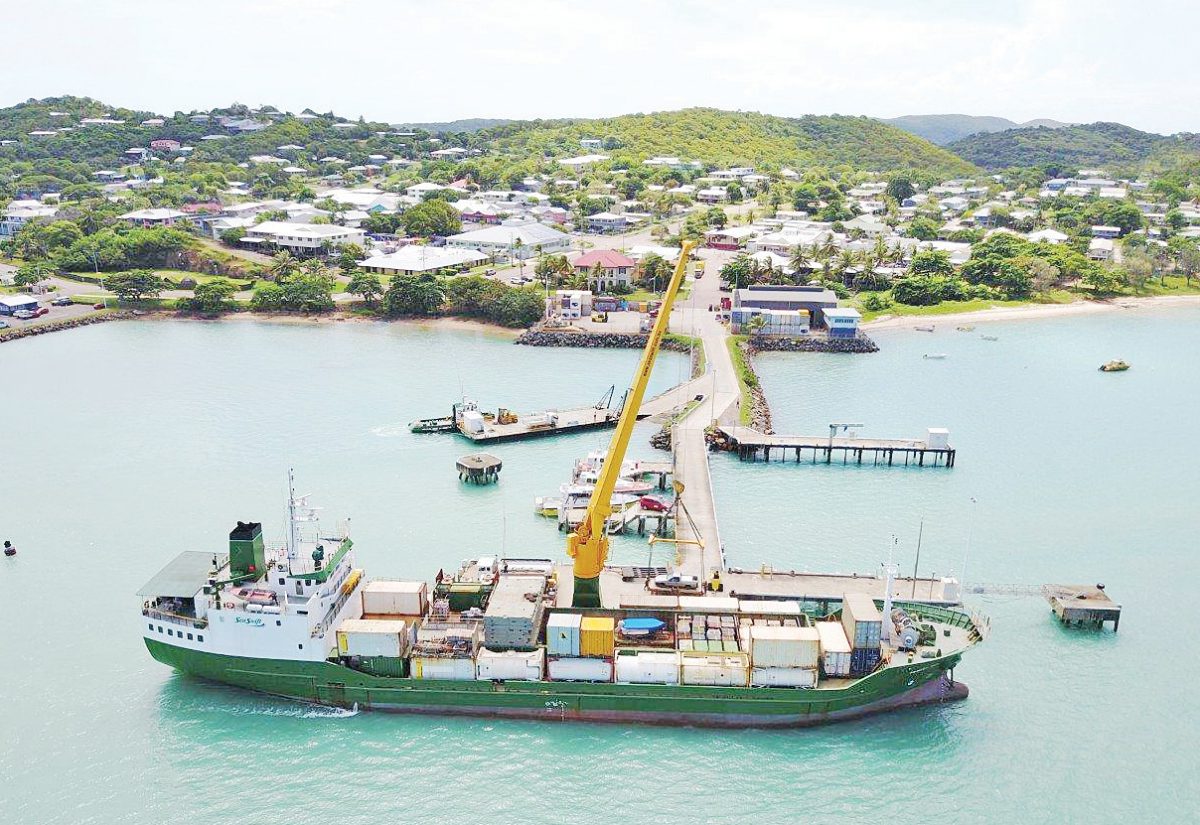
Thursday Island was one of the communities used as a case study.
The report, which used five communities (Aurukun, Bamaga, Horn/Thursday Island, Weipa and Mornington Island), along with the Torres Strait Outer Islands as case studies, estimated the cost of shipping household goods was between $28 million to $43 million in 2021.
Dr Karunanethy wrote: “At present, the region faces high transport costs due to a combination of several factors:
● The poor condition of the region’s road infrastructure, which largely remains unsealed, making it difficult for road freight services to operate;
● Flooding during wet seasons that makes roads impassable, limiting road freight opportunities;
● Poor condition of infrastructure for sea freight and last-mile road infrastructure on many islands, making it more costly for transport providers.
“Additionally, the market characteristics of the region exacerbate the cost effects.
“Low population density and high operating costs limit the number of food retail and transportation operators, leading to the formation of local monopolies in some communities.
“As a result, consumers are shouldering the full transportation cost burden, which would otherwise be reduced in more accessible and competitive markets.”


